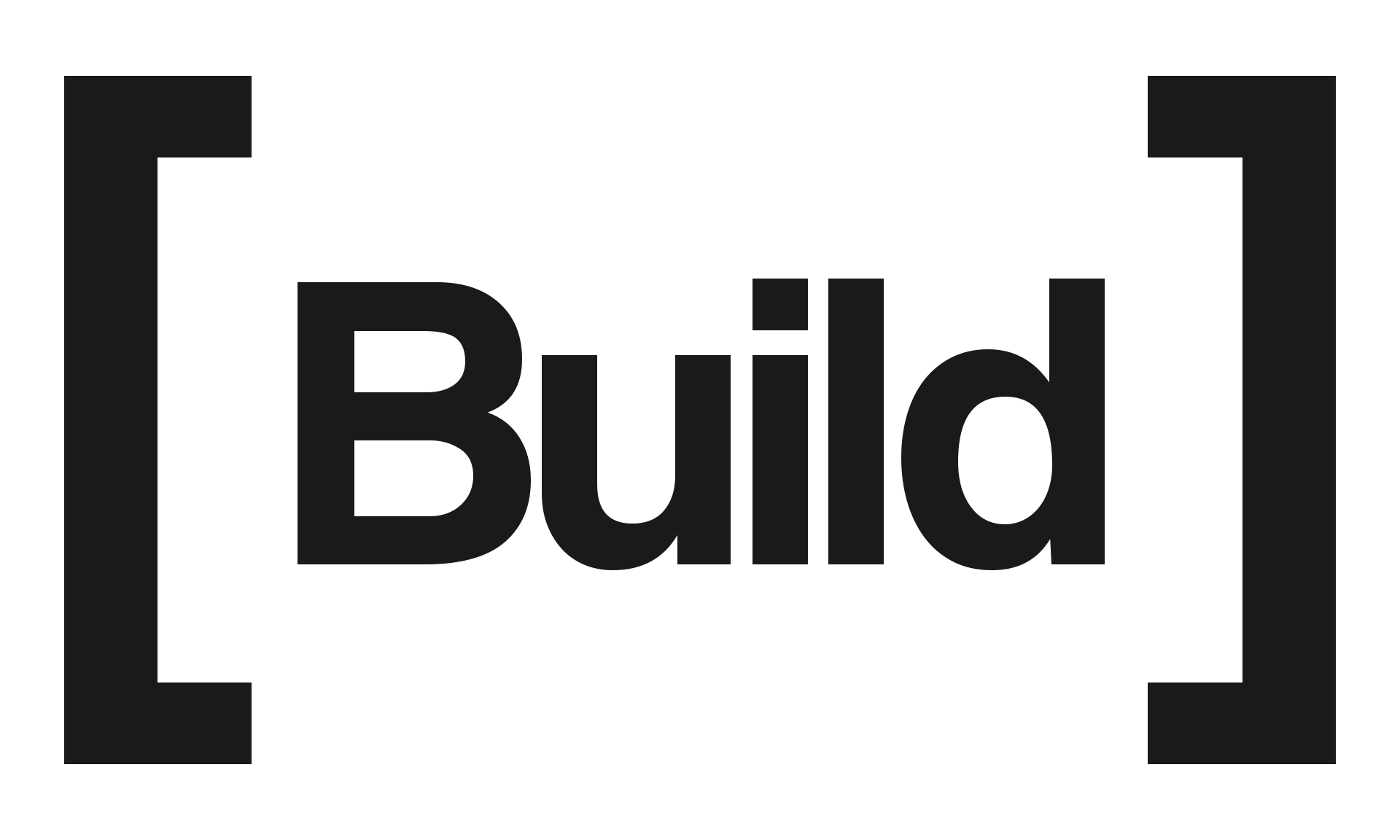QoE Definition: What Acquisition Buyers Need to Know

In the world of mergers and acquisitions (M&A), conducting a thorough due diligence process is essential to evaluate the financial and operational health of a target business. One key element in this process is the Quality of Earnings (QoE) report. But what exactly is QoE, and why is it so important for acquisition buyers? This post provides a detailed overview of the QoE definition, explains its significance, and outlines the critical elements acquisition buyers should focus on to ensure they make informed investment decisions.
What is the QoE Definition?
Quality of Earnings (QoE) refers to an analysis that assesses the reliability, sustainability, and accuracy of a company’s earnings. Unlike a traditional audit, which primarily examines financial statements to confirm that they are free of material misstatements, a QoE report provides a deeper understanding of the factors driving a company’s earnings, distinguishing recurring revenue from one-time or non-operational income.
This analysis is crucial because it gives potential buyers a realistic view of the profitability of a target business, often revealing insights that might not be apparent from the financial statements alone.
Why is QoE Important for Acquisition Buyers?
When buyers look at an acquisition target, they’re usually focused on the company’s earnings as a predictor of future cash flows and profitability. However, not all earnings are created equal. Factors such as non-recurring items, accounting adjustments, and revenue recognition policies can distort the earnings picture and give a skewed view of a business’s financial health.
A QoE report helps acquisition buyers:
Identify Sustainable Earnings: QoE separates core operating income from non-recurring or unusual items. This allows buyers to focus on earnings that are likely to continue after the acquisition.
Assess Earnings Quality: Buyers gain insight into the company’s accounting practices, such as revenue recognition and expense allocation, which can affect the bottom line.
Avoid Overpaying: By adjusting for non-operational income and non-recurring expenses, buyers can better understand the company’s true profitability, avoiding overvaluation and ensuring they pay a fair price.
Plan for the Future: QoE insights provide a clearer view of future cash flows and potential areas for growth or cost savings, aiding in post-acquisition integration and operational planning.
Key Elements of a QoE Report
A comprehensive QoE analysis includes several components that give buyers a holistic view of a target’s earnings. Here are the critical elements acquisition buyers should consider:
Revenue Analysis
- Revenue quality and sustainability are foundational to a QoE report. Buyers should examine revenue recognition policies, identify recurring revenue sources, and flag one-time income events. This helps separate consistent, reliable income from items that won’t recur.
- Revenue quality and sustainability are foundational to a QoE report. Buyers should examine revenue recognition policies, identify recurring revenue sources, and flag one-time income events. This helps separate consistent, reliable income from items that won’t recur.
Cost of Goods Sold (COGS) and Gross Margin
- Evaluating the COGS and resulting gross margin is essential for understanding the core profitability of the business. The QoE report examines COGS trends, identifying any one-time adjustments and analyzing their effect on gross profit. Sustainable gross margins indicate a company’s ability to maintain profitability.
- Evaluating the COGS and resulting gross margin is essential for understanding the core profitability of the business. The QoE report examines COGS trends, identifying any one-time adjustments and analyzing their effect on gross profit. Sustainable gross margins indicate a company’s ability to maintain profitability.
Operating Expenses
- Non-recurring or discretionary expenses (e.g., unusual legal fees, owner-specific expenses, or consulting fees) are common in private businesses and can distort net earnings. QoE adjustments help acquisition buyers focus on the necessary, recurring expenses that are likely to continue.
- Non-recurring or discretionary expenses (e.g., unusual legal fees, owner-specific expenses, or consulting fees) are common in private businesses and can distort net earnings. QoE adjustments help acquisition buyers focus on the necessary, recurring expenses that are likely to continue.
EBITDA Adjustments
- Earnings Before Interest, Taxes, Depreciation, and Amortization (EBITDA) is a widely used metric for valuing companies, especially in the M&A context. QoE often includes adjusted EBITDA, which removes non-recurring and non-operational items, creating a clearer picture of operating profitability.
- Earnings Before Interest, Taxes, Depreciation, and Amortization (EBITDA) is a widely used metric for valuing companies, especially in the M&A context. QoE often includes adjusted EBITDA, which removes non-recurring and non-operational items, creating a clearer picture of operating profitability.
Working Capital Analysis
- Evaluating working capital requirements is essential for understanding a business’s liquidity needs. QoE analysis may identify seasonality in working capital, adjustments to accounts receivable/payable, and inventory management efficiency, helping buyers assess the cash flow demands of the business.
- Evaluating working capital requirements is essential for understanding a business’s liquidity needs. QoE analysis may identify seasonality in working capital, adjustments to accounts receivable/payable, and inventory management efficiency, helping buyers assess the cash flow demands of the business.
Debt and Debt-Like Items
- Many acquisition deals are structured as debt-free, cash-free transactions, where the buyer is responsible for bringing the company to a normalized debt level. QoE reports typically adjust for these items, helping to avoid post-deal surprises related to unreported debt or other financial obligations.

Need Help Getting Your Startup's Accounting and Taxes Streamlined, Simplified, and Headache-Free?
Schedule a Free Consultation Today
Common Red Flags in QoE Reports
Certain red flags in a QoE report can signal potential risks or misrepresentations. Acquisition buyers should look out for:
- Unusual Revenue Growth Patterns: Abnormal spikes in revenue might indicate manipulation to boost valuation.
- Inconsistent Margins: Significant fluctuations in gross or net margins can be a sign of aggressive accounting practices.
- Excessive Adjustments: Numerous EBITDA adjustments can suggest a lack of sustainable earnings.
- Over-Reliance on a Few Customers: A highly concentrated customer base can increase risk, as losing a few key clients could significantly impact earnings.
Final Thoughts on QoE Definition
A Quality of Earnings report is a vital tool in the acquisition process, providing buyers with a clearer view of a target company’s true earning potential and helping avoid costly mistakes. By focusing on sustainable earnings, identifying non-recurring items, and scrutinizing core profitability, acquisition buyers can make more informed decisions and negotiate deals with greater confidence.
The QoE report should not be overlooked. It serves as a roadmap, guiding buyers through the complexities of earnings quality and ensuring they are equipped with the information needed to drive a successful acquisition.
Like this Content and Want More Like it?
Sign up for helpful tips to reduce your taxes, receive tax deadline reminders, and get free resources, guidance, and walkthroughs sent right to your email.
About the Author

Brett Rosenstein
Founder of Build Accounting
Certified Public Accountant
Brett is the founder and president of Build Accounting where he provides accounting, tax filing, and CFO services for tech startups and SaaS businesses. His goal is to make the accounting and tax process as simple, streamlined, and headache-free for business founders as possible.
Brett received a Bachelor of Science in Business Administration from The Ohio State University. He is also a Certified Public Accountant.
When Brett is not working, he is running, biking, spending time with his wife and daughter, or trying new pizza places.
Schedule a Free Trial!
Get started today by scheduling a call to see how we can help your tech startup or SaaS business. We’ll respond as soon as possible.
By submitting this contact form, you consent to receive email communications from Build Accounting, including our newsletter with quick time and tax saving tips. You may opt-out at any time.

